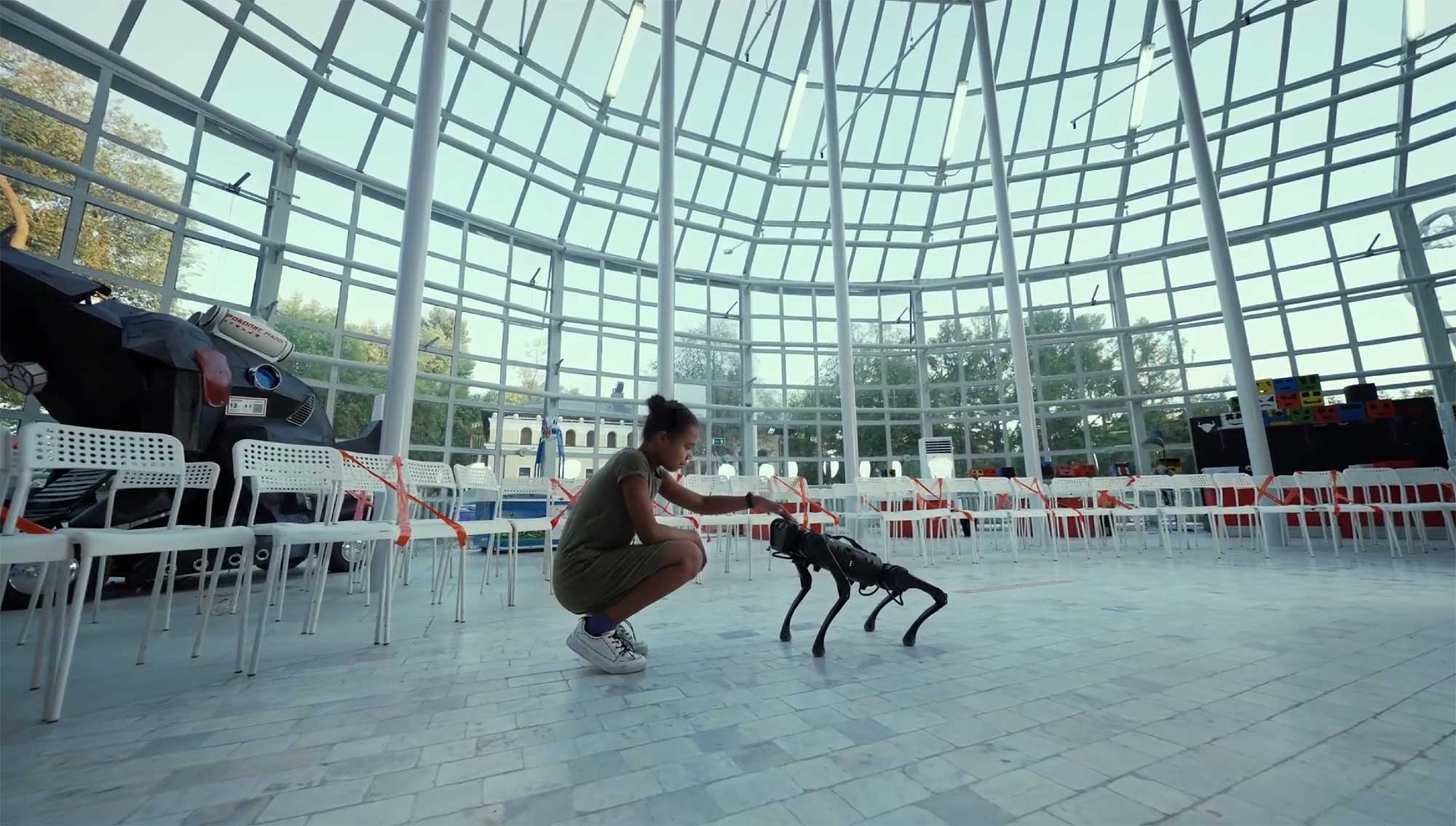EnCORE

The context
EnCORE is a collaborative research project between the University of Montreal and CHU Sainte-Justine headed by leading experts in Canadian epidemiology and research. The purpose of the study was to estimate SARS-CoV-2 infections (the virus that causes COVID-19) in children aged 2-17, school staff, and daycare personnel in the Montreal area. In addition to looking at the frequency of individuals with antibodies in their blood serum, EnCORE also explored the evolving physical, emotional and mental wellbeing of participants. We were approached to see if we could help EnCORE build out web interfaces to capture pertinent data for the study. Here’s how we did it.
Project details
The challenge
We designed the questionnaire with user-friendliness in mind. Participants responded by way of simple radio buttons and text fields where more details were necessary. One of the project’s complexities was that the questionnaire was modelizable, meaning that based on how a participant responded to Question A, they would either be presented with Question B or jump directly to Question C.
We worked closely with EnCORE’s data analysts to understand their expectations for the study. With knowledge of what they wanted to do with the data, we enabled these options through API calls and technical choices. From there, we built a super admin portal where researchers could gather the data. This had to be well organized so EnCORE could do follow-ups with participants and study patterns of the behaviour of the virus.



The task at hand
EnCORE came to us with a legacy version of the web interface. It had some solid functionality they wanted to keep, however the existing solution had few limitations. EnCORE a) didn’t own the source code and b) it couldn’t handle the complexity of family clusters (households where multiple siblings were participating in the study). This meant that the team of researchers still had to do a lot of manual data entry in Excel.
We were asked to build two new web interfaces—one for parents of school-aged children and a second for educational professionals—that EnCORE could own and adapt with new questions as the pandemic and study evolved. Unlike simple web form services, the interface required a super admin dashboard, had to support automated emails and be responsive for smartphone users.




Working with something that already exists always comes with a host of data challenges. Because we didn't have access to the source code of the legacy interface, we took complex aggregated data, created a script, and built a migration tool to bring it over to the new version we built from scratch. Agility was key and scrum mode was mandatory.
Due to the evolving nature of COVID, speed was undoubtedly our biggest challenge for this project. We were tasked with delivering a complete and high quality solution within two months. Where we typically take 3-6 weeks to conduct our Discovery Phase, for this project we learned the scope, success criteria, and desired behaviour at the same time as we were building out the solution. This meant we had to move quickly, adapt to feedback on the fly, and fix bugs and make changes to the live site. To top it off, public health rules kept changing, so the data set was in flux.

The end result
What’s next
We were honoured to work on this very important project and are proud of our teamwork, agility and overall efficiency on this project. We were able to deliver a fully functional solution on a tight timeframe in order for EnCORE to do the first round of data collection between October 2020 and April 2021. The client was satisfied with the web interface and is hopeful that the solution, which was designed to be flexible, will have a long shelf life and will evolve (particularly as vaccination rates in Canada increase).

Did this project give you some ideas? We’d love to work with you! Get in touch and let’s discover what we can do together.
Insights
We’re on a constant quest to broaden our horizons and spread wisdom. It’s all about pushing boundaries and elevating our game.







-min.jpg)
-min.jpg)
.png)
-min.jpg)


